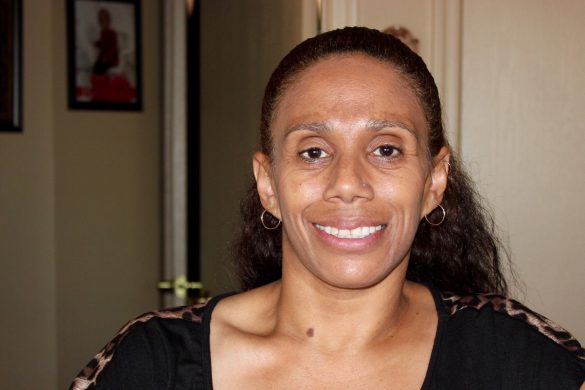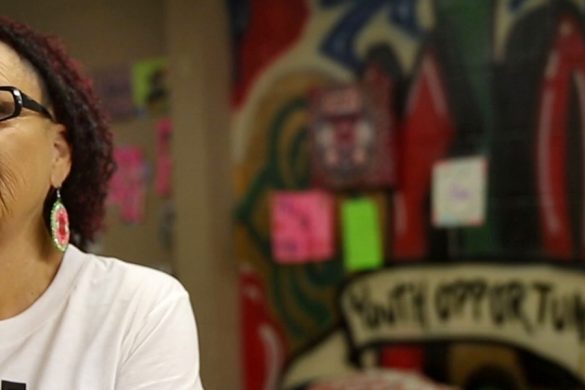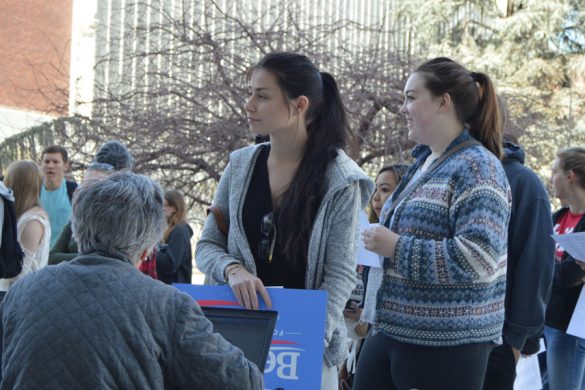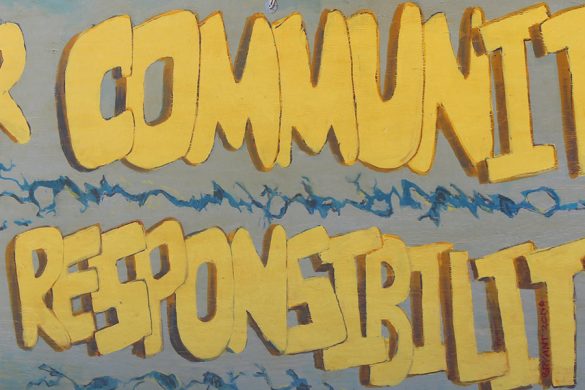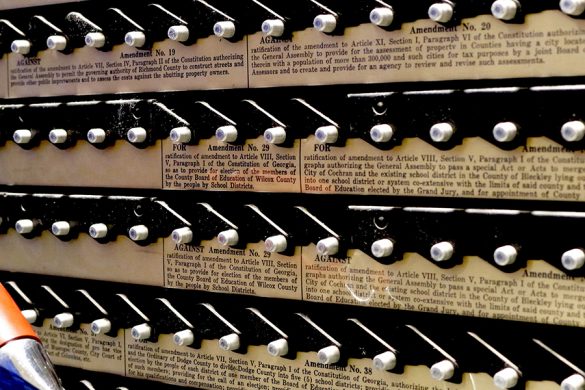
The Wisconsin Capitol Building in Madison. (Photo courtesy of Jordan A Richmond/ Flickr)
PHOENIX – Wisconsin’s new voter ID laws – among the strictest in the nation – were enforced statewide for the first time in April during the spring presidential primaries.
Historically, the state had a reputation as an easy place to vote, sometimes cited as a contributor to high turnout over previous election cycles.
But opponents say the new laws may change that. Gov. Scott Walker signed the bill into law more than five years ago, but groups – including the American Civil Liberties Union – have challenged the laws in court. The latest trial wrapped up last month.
One Wisconsin Institute, an advocacy group based in Madison, spearheaded the latest legal challenge trying to strike down the laws. The trial concluded May 26, and a verdict is expected in July. It’s unlikely there will be any change to the law ahead of the Aug. 9 partisan primary for some congressional and state seats.
One Wisconsin’s Deputy Director Mike Browne said even if the decision goes in their favor, appeals are likely.
Another suit in 7th U.S. Circuit Court of Appeals brought forward by the ACLU on behalf of two plaintiffs was ordered back to federal district court in April.
The laws require voters to turn up to the polls with state-issued photo ID, military ID or a passport. If voters lack these types of ID, they may use an unexpired veterans’ photo ID, certificate of naturalization issued within the past two years, a student ID provided it expires no more than two years after it was issued, or a state voter ID card.
Critics have said the state voter ID card, while free, is only available if someone has adequate supporting documentation like a Social Security card or birth certificate, which can be difficult or expensive to obtain or replace if lost.
The focus of both the One Wisconsin and ACLU lawsuits is on the burden people – especially minorities – face in obtaining acceptable forms of ID simply to vote.
One plaintiff in the ACLU suit, Ruthelle Frank, an 89-year-old longtime village board member in Brokaw, Wisconsin, could not easily obtain valid ID because of an error on her birth certificate, according to the ACLU. Frank has voted in every election since 1948.
The law has had wide-ranging impacts this election year.
Milwaukee Elections Commission Executive Director Neil Albrecht said recruiting poll workers has been especially difficult lately, due in part to the complicated nature of the laws.
“I think because politics have become so contentious, polling places can be perceived as battle grounds,” he said. “Whether a person supports or opposes voter ID (laws), there is some agreement that it creates a more complex layer of responsibility for election workers.”
There have been media accounts of confusion and frustration among voters and poll workers on what forms of ID are acceptable.
“There are complexities to the photo ID law around expiration or proof of residence. It’s a pretty complex landscape for people who only do the work – at most – about four times a year,” Albrecht said. “I would not be surprised if errors are occurring.”
Follow the reporter on Twitter @Lakusiak.
